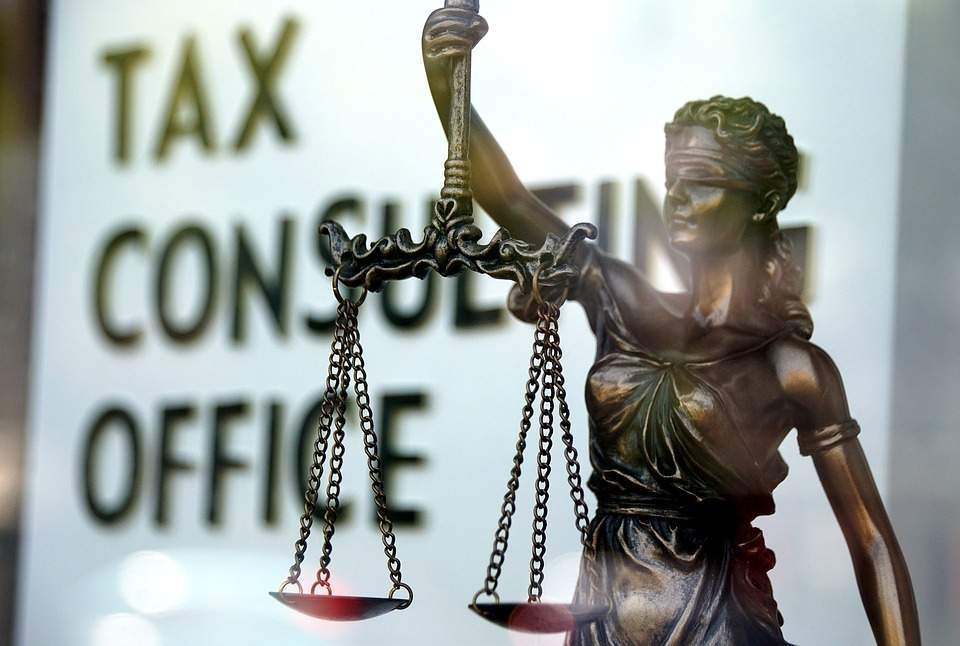
Sophie Wettern explains what the latest HMRC guidance means for persons wishing to manage their UK tax residence position
Towards the start of this month, my colleague wrote an article for Spear’s regarding the implications of Covid-19 for persons wishing to manage their UK tax residence position.
Three weeks ago, few of us would have predicted that the state of affairs would change so quickly, particularly in the introduction of a lockdown within the UK and the swift nature in which many countries around the world have closed their borders. Given the current and rapidly changing situation, I thought it would be helpful to re-address the following question.
What now is the position for those individuals who had been carefully counting their days so as not to become UK tax resident, but now find themselves caught in the ‘wrong’ place from the point of view of their tax residence position – either due to a need to self-isolate or because they are unable or advised not to return to their home country?
By way of reminder, the Statutory Residence Test determines an individual’s residence for UK tax purposes by counting the number of days on which they have been present in the UK and, in some situations, taking into the account the number of ‘ties’ which they have to the UK, such as available accommodation or familial links.
As Corinne explained, the first 60 days in a tax year where the individual is in the UK due to ‘exceptional circumstances’ will be disregarded for the purposes of counting days. But what counts as exceptional circumstances in these strange times?
HMRC has now issued guidance on how this definition should be interpreted in light of the coronavirus pandemic. While this guidance flags that whether days spent in the UK can be disregarded due to exceptional circumstances will always depend on the facts and circumstances of each individual case, it does shed some light on what circumstances will be considered exceptional.
In particular, it is worth noting that the following circumstances will be considered to be ‘exceptional’ by HMRC:
- if you are quarantined or advised by a health professional or public health guidance to self-isolate in the UK as a result of the virus, for instance if you have or have been staying with someone who has symptoms of coronavirus, or if you are over 70;
- if you are advised by official Government advice not to travel from the UK as a result of the virus;
- if you are unable to leave the UK as a result of the closure of international borders; or
- if you are asked by your employer to return to the UK temporarily as a result of the virus.
While inadvertently becoming UK tax resident may not be the key concern at the moment, doing so could have significant tax consequences as it means that an individual’s worldwide income and gains for that tax year will be within the scope of UK taxation unless the remittance basis of taxation can be claimed. HMRC’s guidance provides a glimmer of clarity in these uncertain times. But please bear in mind it is only guidance.
Sophie Wettern is an associate at boutique private wealth law firm Maurice Turnor Gardner LLP.
Read more
Revising your tax affairs today in light of Covid-19
How are social media influencers being taxed?
Doctors’ advice to HNWs: Stop jetting around and don’t buy tests over the internet






